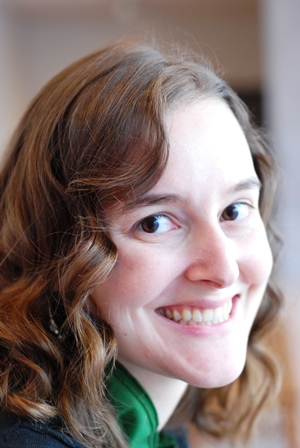First They Killed My Father
Growing Up in 1970s Cambodia
First They Killed My Father: A Daughter of Cambodia Remembers is a biopic directed by Angelina Jolie and released in theaters and on Netflix simultaneously. Based on the eponymous memoir, the story follows the memories of a woman, Loung Ung, who was five years old when the Khmer Rouge came to power in Cambodia.
The father’s quiet endurance and the risks he takes for his family under this deadly cloud speak powerfully of his love and courage.
The film begins with a brief but stark history lesson: Cambodia had been a neutral country since 1954, but in the early 1970s the secret American carpet-bombing campaign there helped to destabilize the country, leaving room for the violent communist extremist group known as the Khmer Rouge to swell in power.
By 1975, Loung Ung is the sixth of seven children in a prosperous, close-knit family. Her father is an official in the American-supported government, but when the Americans pull out of Cambodia, he and his entire family become targets for the communist Khmer Rouge. Loung’s family disguises themselves as poor workers in the mass evacuation of Phnom Penh, a bewildering change from the life Loung has always known. Her parents try to shield the youngest children from the worst of the truth, telling them only what they need to know, but Loung’s precociously observant eyes don’t miss much. The film benefits from the narrow focus on her point of view, stripping away the gray areas and grownup hairsplitting behind such brutal revolutions and regimes for the pointless exercises in brutality they are.
The title implies her father’s death happens early in the narrative, which isn’t quite true, and every minute until that dreaded moment happens leaves audiences wondering when it will happen, how, and why. This feeling echoes the fear her father probably lived under, knowing he was one hidden identity away from death. His quiet endurance and the risks he takes for his family under this deadly cloud speak powerfully of his love and courage.
All the performances in the film are strong, but Sareum Srey Moch as Loung is nothing short of haunting. The first-time child actress merges old-soul awareness with innocence and a resilient toughness that would be hard to imagine in most children. Angelina Jolie struck gold when she cast her, and I hope Sareum’s future career is everything she wishes it to be.
There are no recognizable seasons in the film, no holidays or birthdays to mark the passage of time, so it is difficult to know how much time passes (five years according to the book). Loung’s life during that era was one of survival, not celebration. She has said she wrote her memoir in first person present tense because she wanted to make people feel they were experiencing these things so that the horrors she experienced can never happen again.
Sadly, they do happen, and the so-called ethnic cleansing in Myanmar, also known as Burma, right now is only the latest example. But imagine a world where stories like this go untold, and atrocities go unmarked like so many graves. The lessons have to be learned. The far-reaching consequences of American military actions across the world have to be considered.
At one point, Loung overhears one of the Khmer Rouge soldiers say, “It is better to kill an innocent person than risk letting an enemy go free.” A common philosophy among those wanting to hold on to power, but Loung’s memories shout loud and long. No amount of power is worth the price.
First They Killed My Father: A Daughter of Cambodia Remembers is in Khmer with subtitles. It’s unrated in the United States, but is too upsetting and graphic for viewers younger than 13. And no, the irony is not lost on me.
All reviews express the opinions of the reviewer, not necessarily the views of Third Way.




